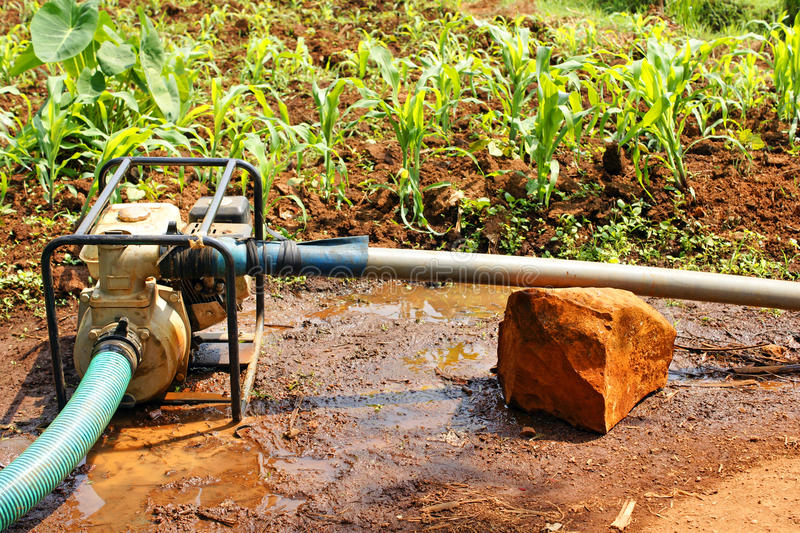Pulka residents face short supply of safe water- MSF find
Médecins Sans Frontières/Doctors Without Borders (MSF) has called for an increase in access to safe water in Pulka, Gwoza Local Government Area to prevent disease outbreak. Field Communications Officer for Borno State, Abdulkareem Yakubu, said in a statement, that MSF, which runs a medical facility in the town since the return of the residents after […]

Médecins Sans Frontières/Doctors Without Borders (MSF) has called for an increase in access to safe water in Pulka, Gwoza Local Government Area to prevent disease outbreak.
Field Communications Officer for Borno State, Abdulkareem Yakubu, said in a statement, that MSF, which runs a medical facility in the town since the return of the residents after being displaced by insurgency, discovered that people used water from stagnant ‘pond’ which causes diseases.
- Kano Bride-to-be: Why I faked my kidnap
- Bandits storm Zamfara community market, kill one, raze stalls
Pulka, a small garrison town located 115km southwest of Maiduguri, the state capital, had around 37,039 displaced people living in various camps.
The statement said water in the area was available during the rainy season but in short supply during the dry and hot seasons.
“Even if people somehow manage to produce food, often they have to exchange it for water. In some places, some groups are making money by selling water from pre-existing water points or built by humanitarian actors, for displaced people, sometimes recognised by some community leaders.
“Often, the only water that people can get is polluted or not properly treated with chlorine, which can cause health problems, especially among children who are part of the most vulnerable groups.
“Organisations in charge of water and sanitation in the area recently built an artificial lake, or a ‘pond’ as it is called by locals. However, due to a non-functioning chlorine treatment unit and lack of connection to the pumping system, the pond has had little impact and is mostly used by people to do laundry or water their cattle,” it said.
MSF further stated that it’s interaction with residents revealed that untreated water from the pond caused diseases in children.
It said water trucking was also introduced by different groups as temporary solution. However, logistical issues due to frequent closures of the main road to Maiduguri made it unreliable, leaving Pulka residents with no choice but to use the pond.
At water points usually controlled by men, women willing to fetch water with four or five jerry cans are usually asked to wait in queues for the pushcart owners from the community to get water; some of the women have to force their way to get the commodity.
The Head of Mission, Nigeria, Siham Hajaj, said, “There is a clear lack of coordination and communication among different water and sanitation organisations here, which impacts the situation.
“People of Pulka need immediate action of humanitarian actors, which need to improve both the access to and the quality of drinking water. Unless WASH actors in Pulka act right now, we will witness even more suffering by the population.”
